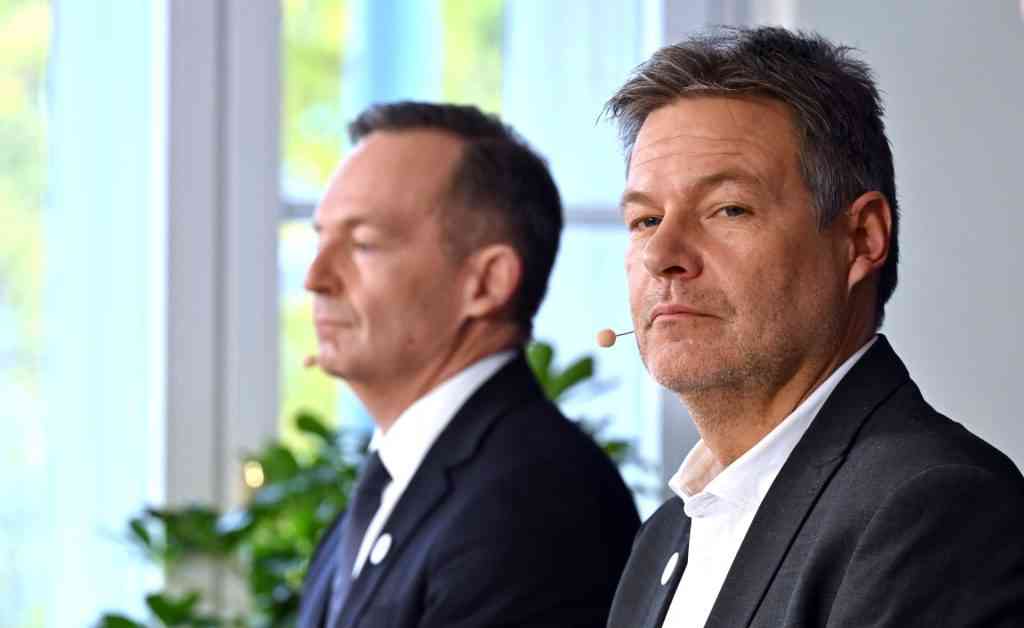The Delay of a Key Report on Climate-Damaging Subsidies
The delay in the release of a crucial report on climate-damaging subsidies has raised concerns about the government’s commitment to addressing environmental issues. The report, which was supposed to provide the basis for phasing out harmful subsidies, was withheld by the BMWK for three-quarters of a year before finally being made public. This delay has hindered progress in tackling the most pressing issues in the transportation sector, where significant action is needed to reduce carbon emissions.
The Importance of Addressing Climate-Damaging Subsidies
Subsidies that support industries or practices that contribute to climate change are counterproductive to environmental goals. By providing financial incentives for activities such as fossil fuel extraction or high-emission transportation, these subsidies perpetuate harmful practices and hinder the transition to a more sustainable economy. Eliminating these subsidies is essential to reducing greenhouse gas emissions and mitigating the impacts of climate change.
The Role of the Government in Phasing Out Harmful Subsidies
The government plays a crucial role in phasing out harmful subsidies and promoting environmentally-friendly policies. In the case of climate-damaging subsidies, the government has a responsibility to prioritize the well-being of the environment and the public over the interests of industries that benefit from these subsidies. By taking decisive action to eliminate harmful subsidies, the government can signal its commitment to addressing climate change and fostering a more sustainable future.
Challenges in Implementing Subsidy Reforms
Despite the clear benefits of phasing out climate-damaging subsidies, there are challenges associated with implementing reforms in this area. Industries that rely on these subsidies may push back against efforts to eliminate them, citing concerns about job losses or economic impacts. Additionally, there may be political considerations that influence the government’s willingness to take action on this issue. Overcoming these challenges requires strong leadership, effective communication, and a commitment to prioritizing the long-term health of the planet.
The Impact of Delayed Reports on Climate Action
The delay in releasing the report on climate-damaging subsidies has had significant implications for climate action in Germany. By withholding crucial information on the extent of harmful subsidies and the potential benefits of phasing them out, the government has hindered progress in achieving its environmental goals. The delayed report has also raised questions about the government’s transparency and commitment to addressing climate change, which could erode public trust in its ability to effectively tackle environmental challenges.
Moving Forward with Subsidy Reforms
Despite the setbacks caused by the delay in releasing the report, there is still an opportunity for the government to take meaningful action on climate-damaging subsidies. By prioritizing the findings of the report and implementing targeted reforms to eliminate harmful subsidies, the government can demonstrate its dedication to environmental stewardship and sustainability. Engaging with stakeholders, including industry representatives, environmental advocates, and the public, will be essential in navigating the challenges associated with subsidy reforms and building consensus around the need for change.
Conclusion
The delay in releasing the report on climate-damaging subsidies underscores the importance of transparency and accountability in government decision-making. By prioritizing the phase-out of harmful subsidies and promoting sustainable policies, the government can play a leading role in addressing climate change and protecting the environment for future generations. It is imperative that the government acts swiftly to implement subsidy reforms and demonstrate its commitment to building a more sustainable and resilient economy.

